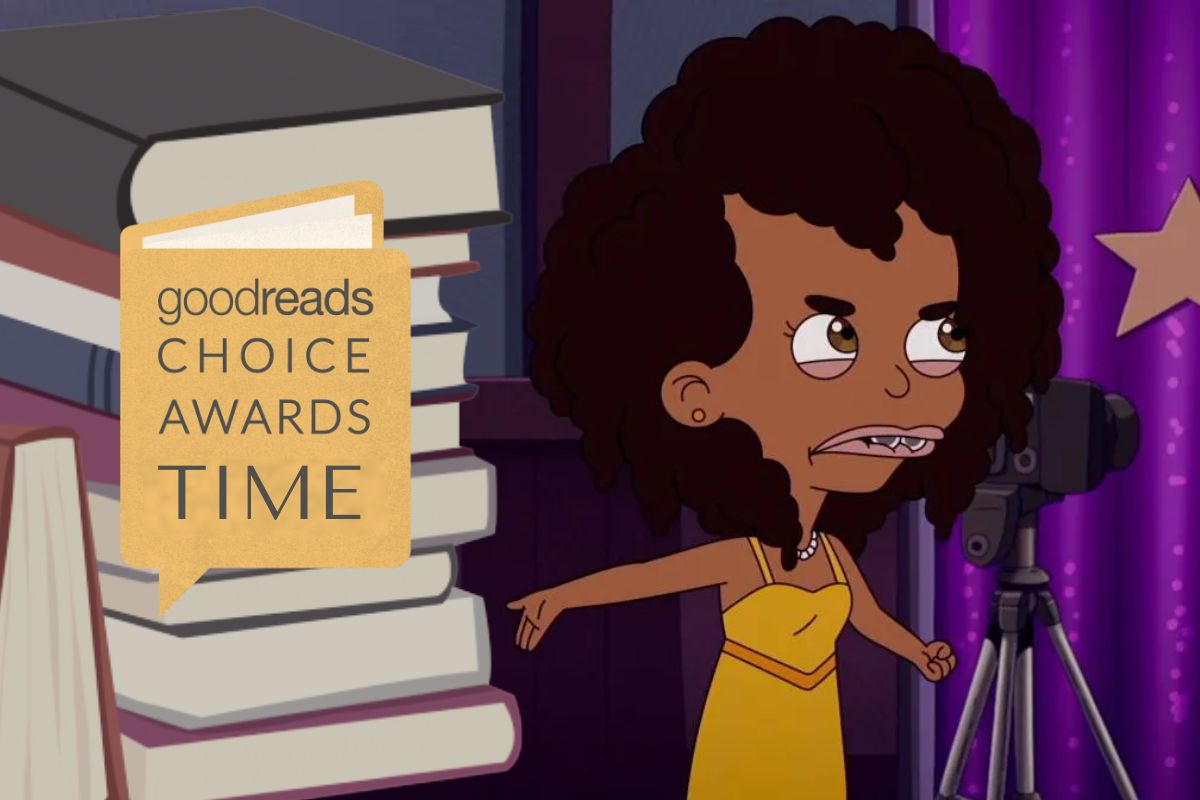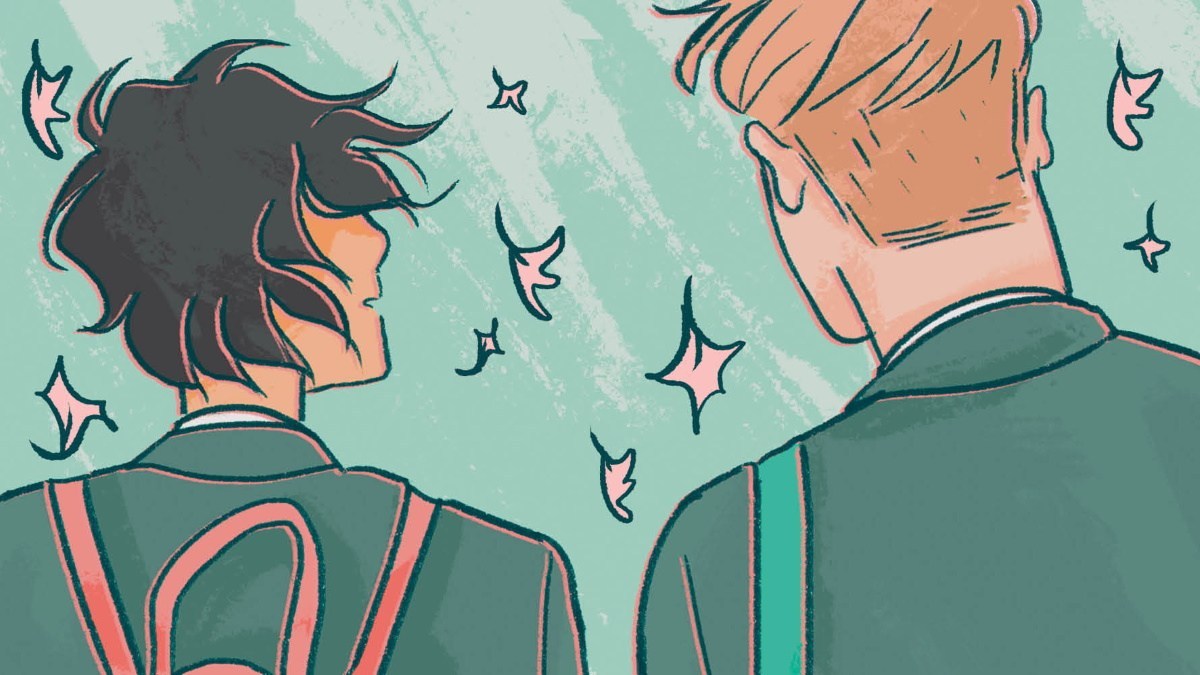Goodreads Awards Find New Ways To Disappoint in Latest Overhaul

It wouldn’t be a Goodreads Choice Awards season without at least a few controversies and renewed debates. This year, the Amazon-owned company removed a few award categories, added one, and produced a very white selection, once again.
Before getting into the controversies new and old, it’s important to remember the platform itself has a storied, frustrating history since the early 2010s. After Amazon bought it in 2013 to vertically monopolize the book market, it merged Goodreads with its app Shelfi. With few exceptions, like integrating Goodreads with the main shopping site, Amazon largely left it alone. Until the 2020s, the site even looked ancient. I’m just talking about the UX, but this lack of investment extended to other issues like review bombing (until 2023) and spotty genre categorization.
The Goodreads Choice Awards began in 2009, three years after the site’s founding, and maintains a simple premise. The most read books in various categories reach the semi-final, and the site opens voting for all users. All you need is a Goodreads account. For better and for worse, there’s now a verification process that you must have read the book to vote. Across social media, authors (and their mega fans) will campaign encouraging people to vote. There’s no prize, but just the title they can put on future printings and a badge next to the book on Amazon, denoting its popularity.
Romance still so very white—and sometimes not even romance?
The most popular genre that doesn’t rely on a celebrity name to win (like Best Memoir & Autobiography) is romance. As the most popular genre of literature, that’s no surprise. Unfortunately, what’s also not a surprise is how painfully beige the list is. Of the 20 semi-finalists, Ana Huang is the only person of color. The stark whiteness, of course, extends to the characters, although that might be for the best. The only thing that would make this worse is if the list were exclusively white authors with the self-appointed authority to write stories about people of color. While characters may have sexual diversity within the pages, the books’ main romances are men/women pairs.
Over the years, marginalized users and authors have expressed disappointment that this process—across all genres—was almost exclusively white. This issue with Goodreads carries over from the publishing industry. A lack of diversity in publishing (from hiring to acquisitions) and support to promote more than a handful of authors of color influences what readers are exposed to.
This isn’t to absolve readers. Many Black and brown readers have shared stories where friends “can’t relate” to non-white characters, but can relate to magical people/creatures. Goodreads (and bias algorithms on other sites, too) only exacerbates this issue. Additionally, until recently, the company refused to do much of anything on review-bombing—something that effects all types of authors, but is a common weapon against debut authors of color and queer writers.

All of this results in cisgender, white authors dominating all categories. Long term, of the 41 authors who’ve won more than once, only three are people of color. These include Angie Thomas, Chrissy Teigen, and Amanda Gorman. To the credit of Goodreads’ editorial team, the awards have become more diverse in the last few years. This might be due to pushing for diverse books all year long.
Also, last year, the organizers took a curatorial approach by including some less reviewed, but highly rated and critically acclaimed books by POC in the semi-final. However, backlash came when many white readers and at least one major author (Jay Kristoff) chided the decision. Regardless of the curated (and still majority white) semi-finalists, the winners remain mostly white, with few exceptions.
In addition to the lack of racial and gender diversity, many readers pointed to one of the most famous titles (Happy Place by Emily Henry) failing to meet the basic criteria of a romance book. Since publication, romance readers accused the publisher, too, for mis-marketing Happy Place as a romance. While I’m not sure how much of that applies here, the phenomenon is common, as publishers want to capture the large romance audience. This push happens in other genres outside of contemporary, too.
Goodreads ditches major categories

With the 2023 awards, the site announced the new category of “Romantasy” alongside its preexisting categories of fantasy, YA fantasy, and romance. While I’m not drawn to the genre, this makes sense. It’s a hugely popular subgenre—especially on BookTok. However, in adding this category, Goodreads decided to remove three other categories: Graphic Novels, Middle Grade Fiction, and Poetry. With no actual award or monetary value beyond the labor of selecting titles, readers expressed confusion with the choice to retire three beloved categories.
While I don’t read poetry or middle grade fiction (with few exceptions), these and graphic novels are hugely popular. The least popular category, poetry, still had over 178,000 users vote in 2022. People looking to try the genre will also look at the finalists from last year for suggestions. Only behind romance and memoir/autobiography, the graphic novel winner last year, Heartstopper Volume 4 by Alice Oseman, was the third most-voted book across all categories. That single book got 134,174 votes, with over 180,400 people voting for other comics and graphic novels.
Because the reviews (and votes) of middle grade fiction are likely made up mostly of parents, authors, and educators rather than actual middle grade readers, and it’s the least popular section, there’s a case to remove that section they really couldn’t add a category without removing one—also because, except 2009 and 2021, Rick Riordan stayed the winner. However, the cons seem like they outweigh the pros. Why remove a category at all? The awards give books more exposure and the site (probably) is only still up to harvest data for Amazon sales.
This isn’t the first time Goodreads has removed categories. Things like Chick Lit, Picture Books, Paranormal Fantasy, Cover Art, Author, and YA Series have also been removed. Additionally, the site largely consolidated the former categories of Travel & Outdoors, Business, Science & Tech, and Food & Cooking between Non-Fiction and History & Biography. Some (but not all) of these changes make sense because the internet has changed how many people read. This doesn’t apply to much to the newly chopped categories.
(featured image: Amazon, Netflix and Alyssa Shotwell)
Have a tip we should know? [email protected]
